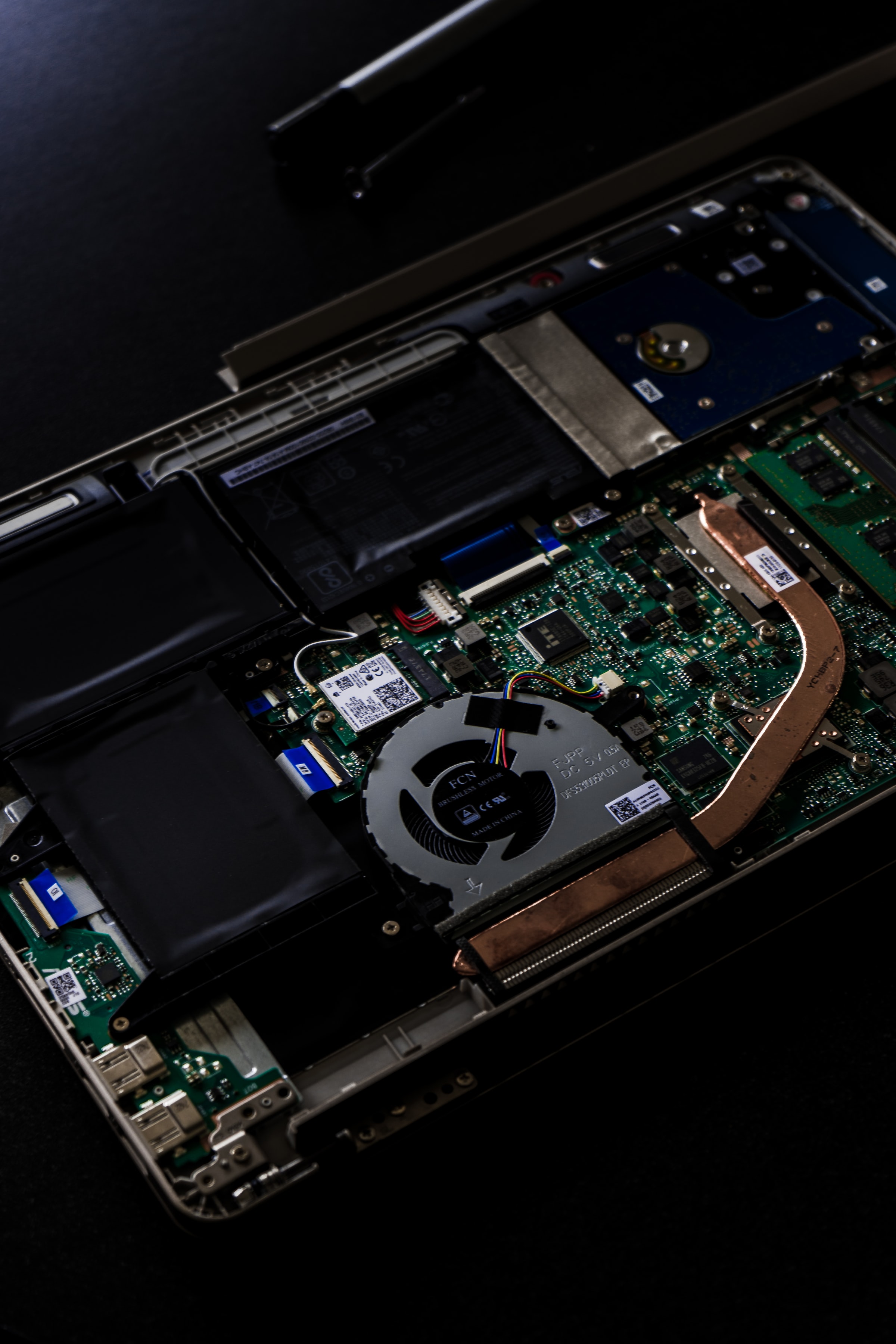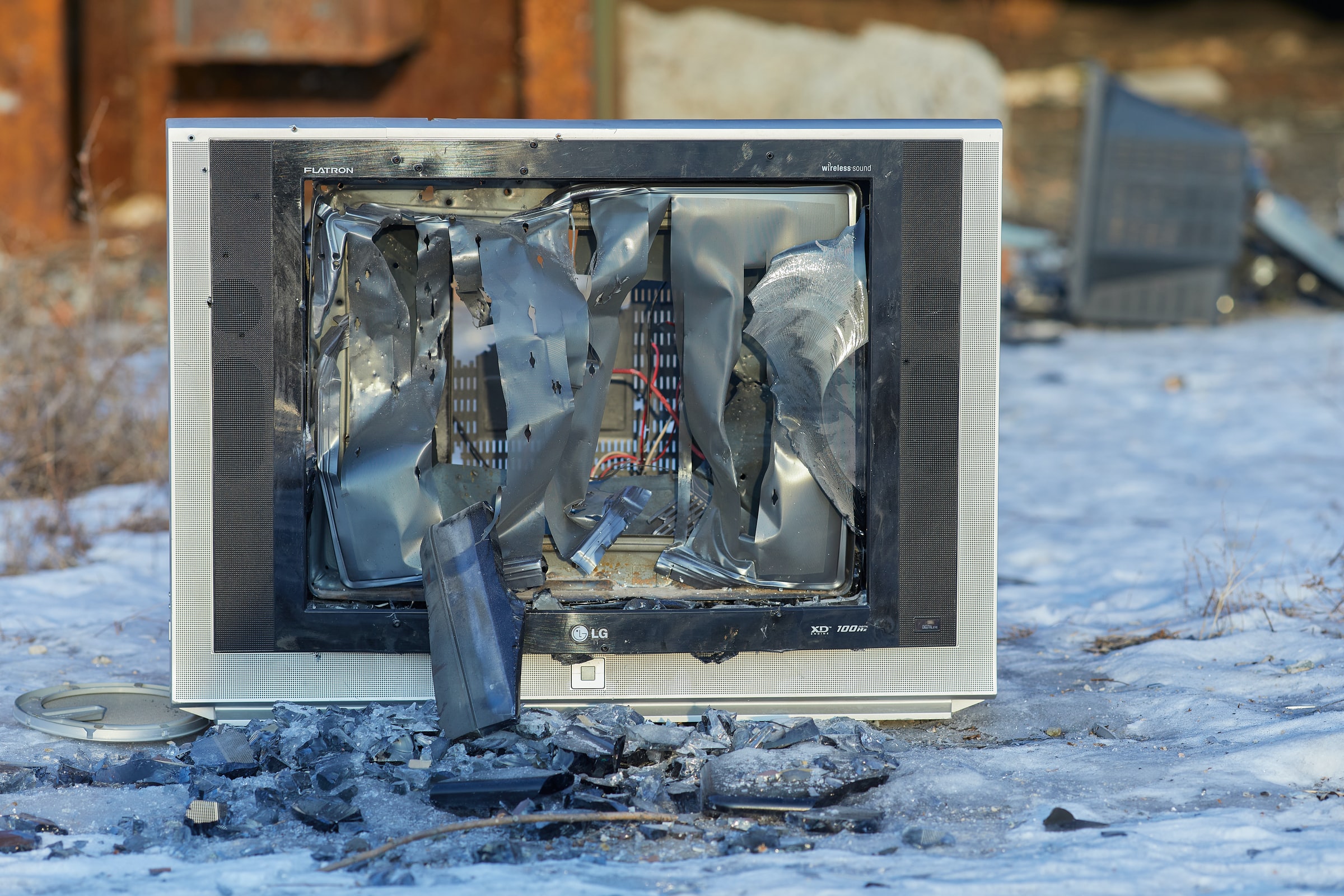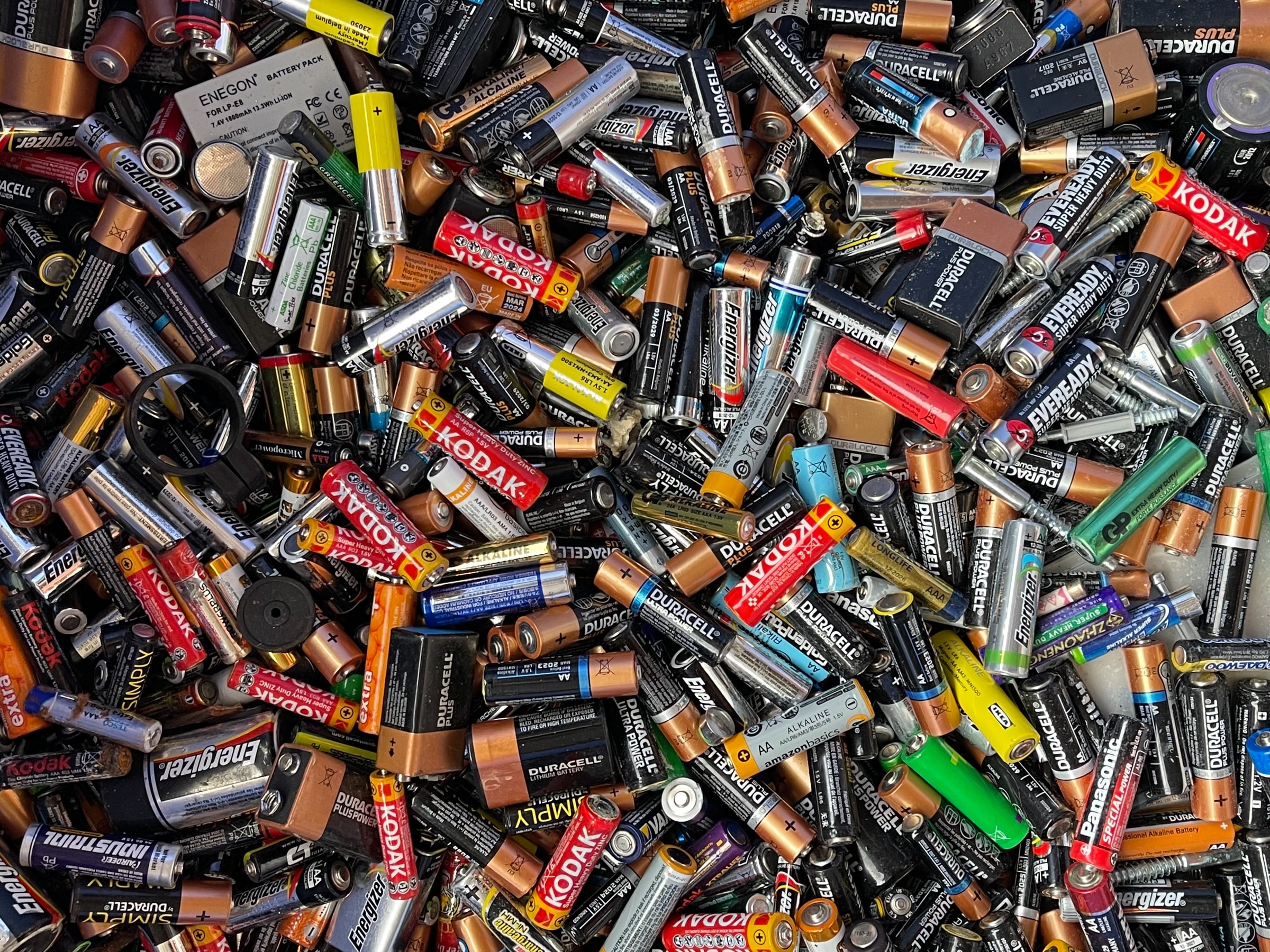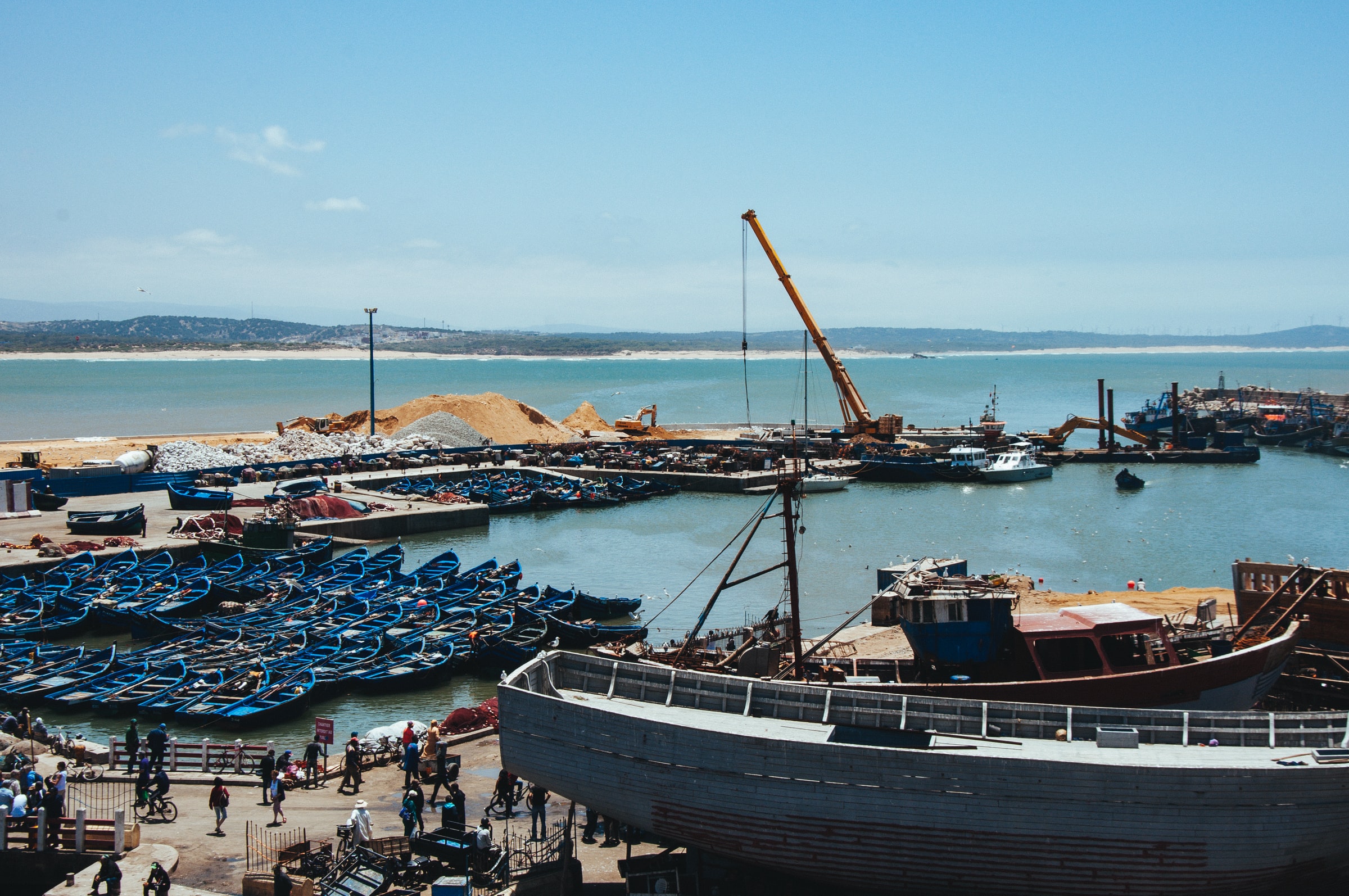Projects (5)

WEEE Article 17 Free-riders Project
2019 | Ongoing
According to the WEEE directive 2012/19/EU (respectively the implemented national law: e.g. ElektroG in Germany) every producer of electrical and electronic equipment has to be registered in the national register (Germany: stiftung elektro-altgeräte register) to ensure that they will fulfil their responsibilities, when their sold products become waste (e.g. WEEE).
Read more +

Implementation of the WEEE Directive
2017 | Completed
Waste of electrical and electronic equipment (WEEE) is one of the fastest growing waste streams in the EU, with some 9 million tonnes generated in 2005, and expected to grow to more than 12 million tonnes by 2020. WEEE contains a complex mixture of materials and components, which are also partly hazardous. Not properly managed WEEE can cause major environmental and health problems. Also, the production of electronics requires the use of scarce and expensive resources.
Read more +

IMPEL – Asia collaboration
2011 - 2013 | Completed
Members of the IMPEL TFS Steering Committee annually attend workshops of the Asia Network on the Prevention of Illegally Transboundary Movements of Hazardous Wastes and of the Regional Enforcement Network for Chemicals and Waste (REN).
Read more +

Transfrontier shipments of E-waste
2010 | Completed
Practicability and Enforceability of the WEEE Recast Proposal (2009)
IMPEL previously developed a checklist to examine the practicability and enforceability (P&E)
issues of proposed and existing environmental law. In December 2008 the Commission adopted a Recast Proposal for the WEEE Directive. This report describes an assessment of the P&E issues arising from the proposal based on the IMPEL checklist. The report presents a synthesis of the results of the questionnaire responses and workshop discussions and highlights a wide range of P&E issues.
Read more +

EU – Africa collaboration
2009 - 2012 | Completed
In February 2008 IMPEL signed a Memorandum of Understanding (MoU) with the Secretariat of the Basel Convention (SBC). Within the framework of this MoU, IMPEL TFS and the SBC agreed to collaborate on component 4 of the SBC’s E-wastes to Africa project. This project, launched in 2009 aims to equip West Africa and other African countries to be able to tackle the growing problem of e-waste import coming from industrialized countries and thereby protect the health of citizens. The project has 4 components:
Read more +